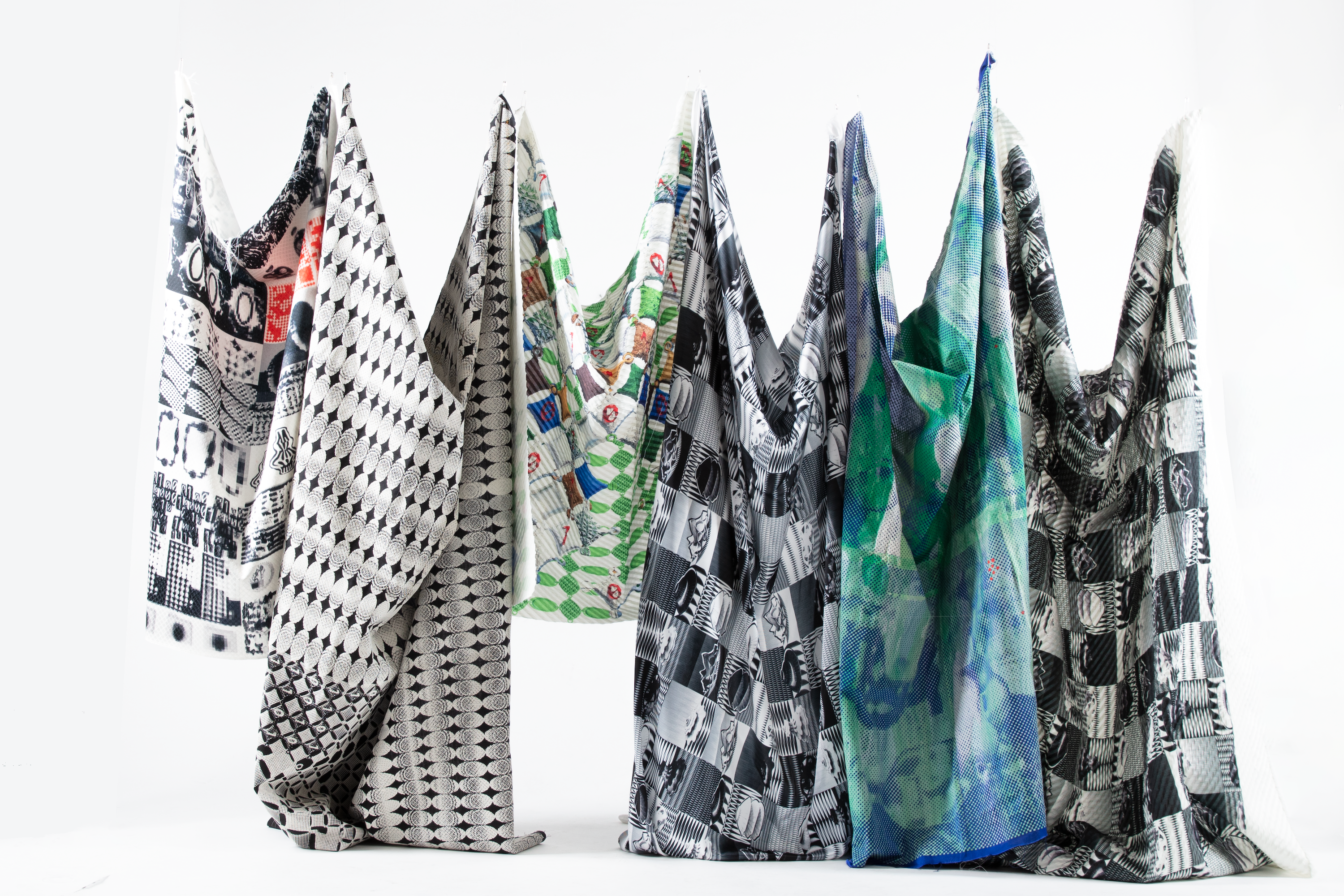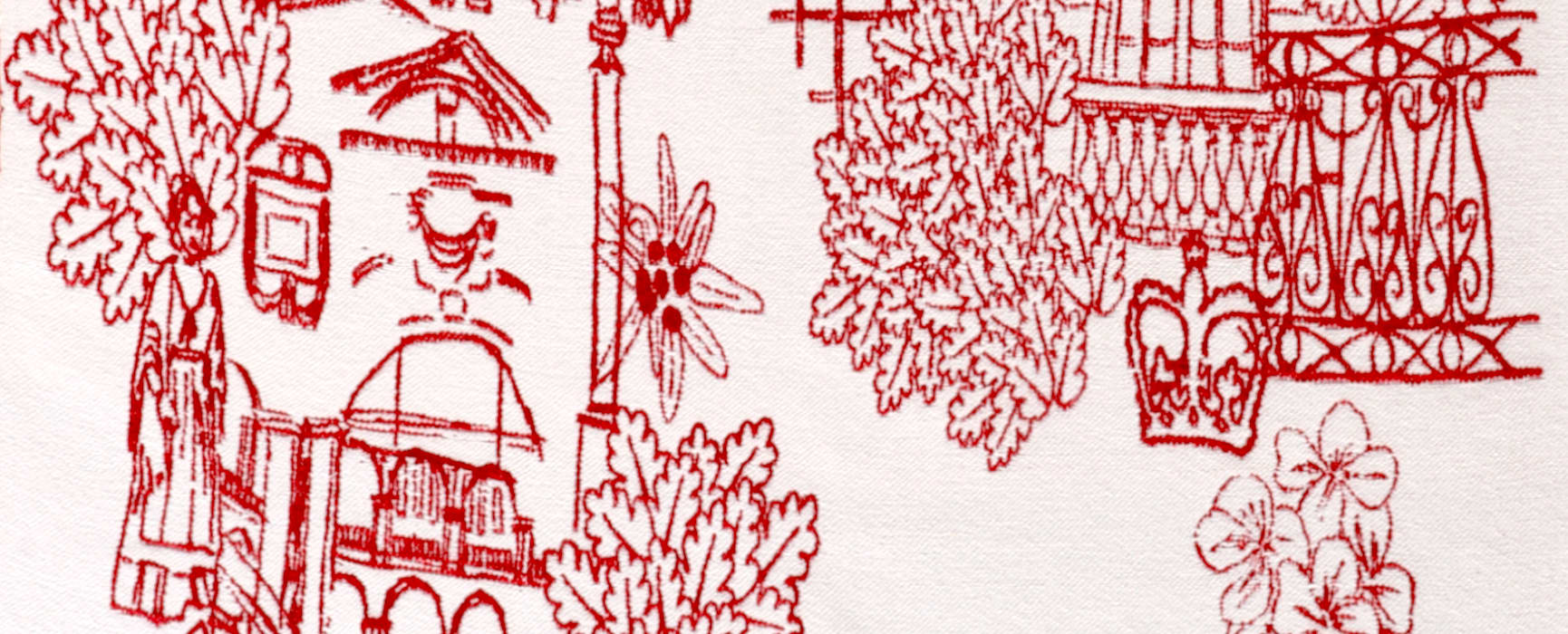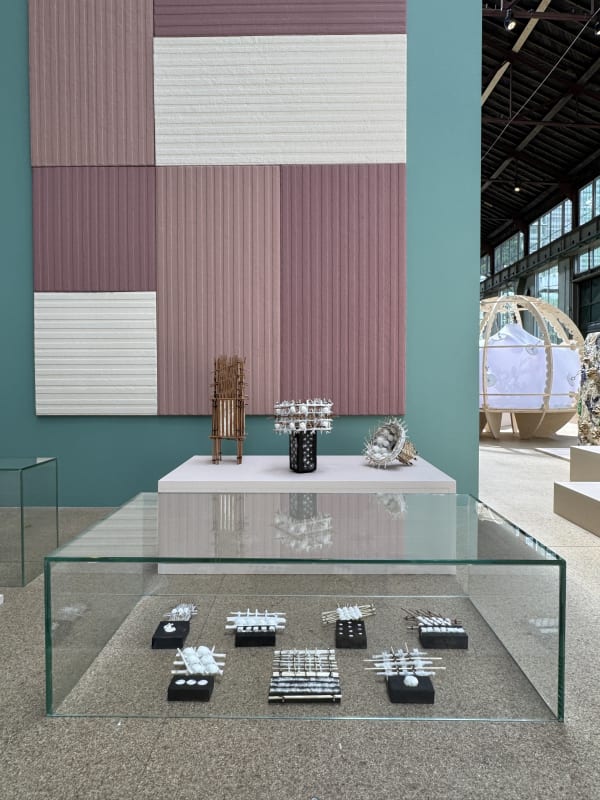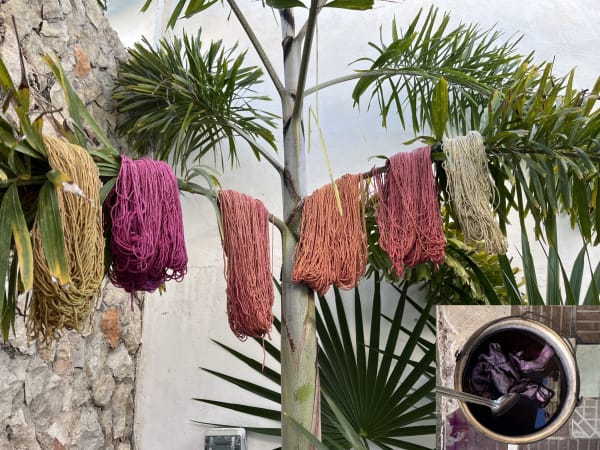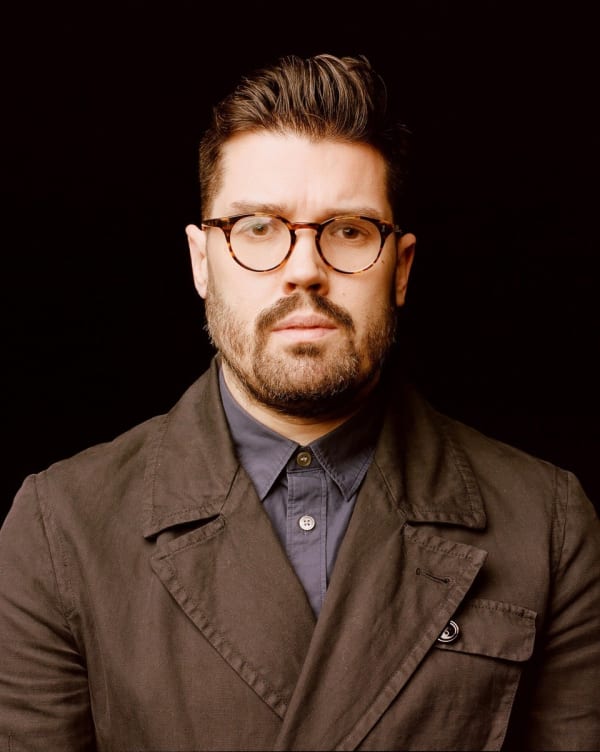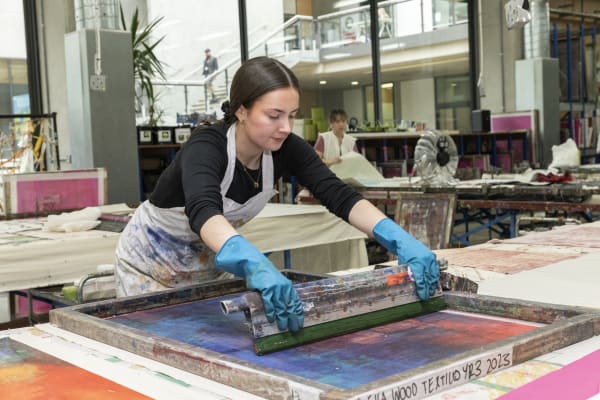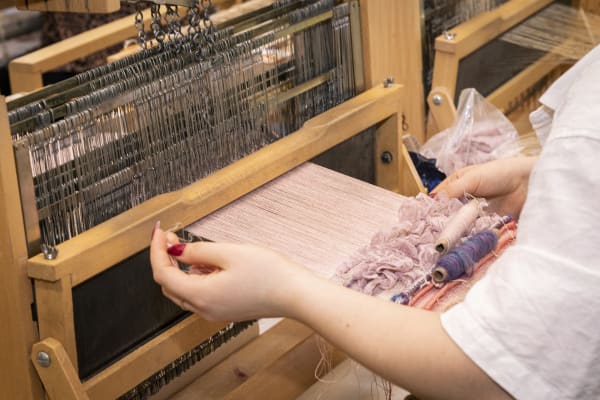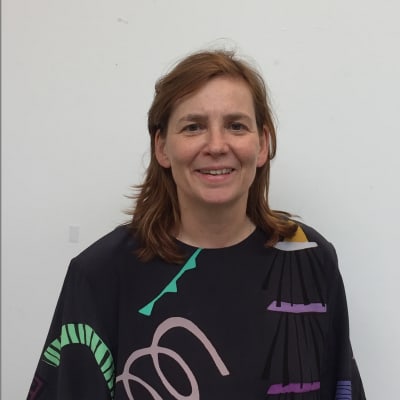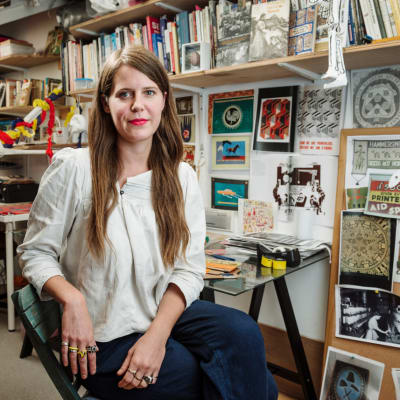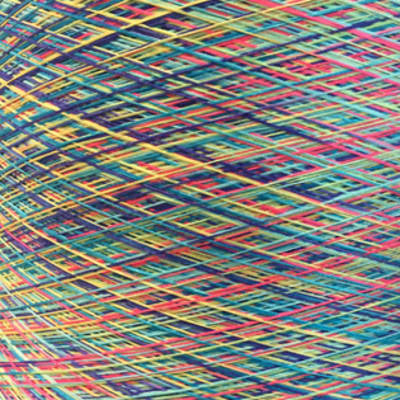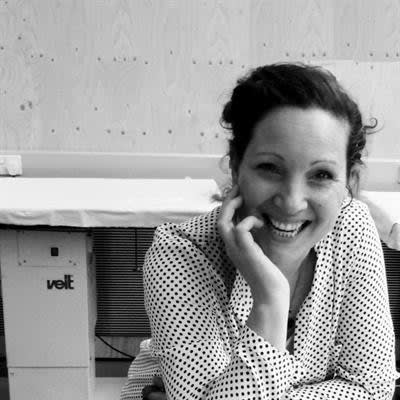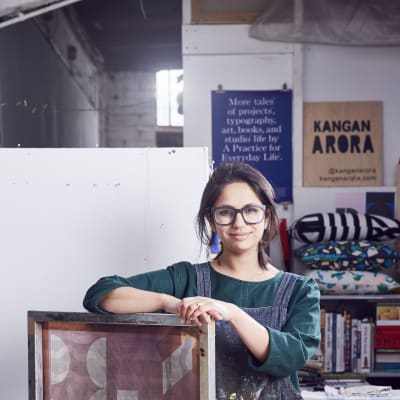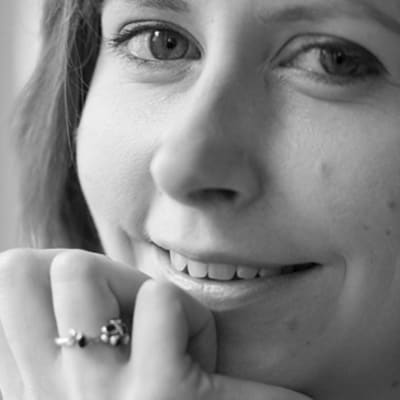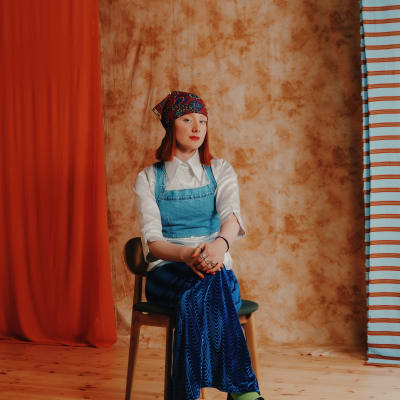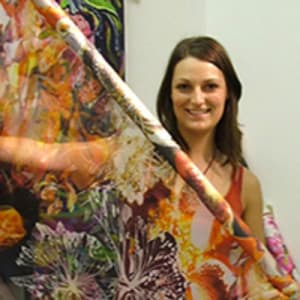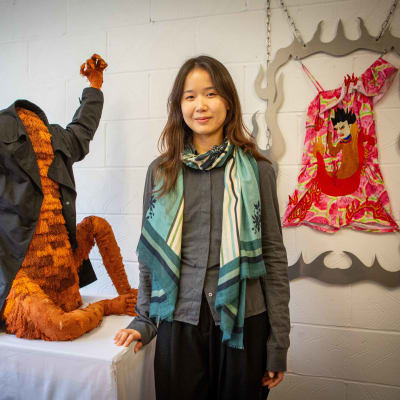Course units
Year 1
Unit 1: Textiles: Introduction to Study in Higher Education
Unit 2: Introduction to Textile Design Skills
Unit 3: Developing Research and Textile Design Skills
Unit 4: Creative Unions
Year 1 introduces you to the three principal areas of Print, Knit and Weave, alongside visual research and colour skills. You will build design development skills alongside experimental ways of working and thinking. You will study two of the pathways in more depth, learning further specialist processes and forming the beginning of your own design direction.
Year 2
Unit 5: Research Methods and Approaches (Textiles)
Unit 6: Experimentation and Specialisation in Textile Design
Unit 7: Innovation and Contextualisation in Textile Design
Unit 8: Design, Context and Professional Development
During Year 2 you will develop your skills in research, practical making and critical thinking; focussing your specialist interests. From January you specialise in Print, Knit or Weave. Projects place a strong emphasis on personal expression, risk-taking and professional context. During this year you will develop your professional and employability skills.
Year 3
Unit 9: Personal Research Narratives and Design in Textiles
Unit 10: Dissertation
Unit 11: Final Major Project
Year 3 allows you to push and refine your skills You will focus your personal design direction, developing innovative and resolved outcomes for a clear design context. From January, you will concentrate on your degree collection. For the dissertation, you are free to choose an area of study within art, design, media or popular culture.
Cultural Studies
Cultural Studies is an important part of the course. This offers a range of ideas, skills and learning resources to analyse objects, images, spaces and practices in art, design, popular and media culture. Here you also work with students from other courses.
Cultural Studies features in all stages of the course. You will explore key research methods and approaches. These include topics such as visual culture, material culture, social identity, modernity and postmodernity, consumption and taste, design activism, ethics and sustainability, race and the postcolonial, gender and sexuality.
Cultural Studies enhances communication skills and provides a deeper understanding of the social and political contexts for creative work in design. The research and communication skills you will acquire in this part of the course are key skills expected of graduates.
Optional Diploma Year
Industry Diploma in Professional Studies (DIPS)
This optional diploma can be taken between years 2 and 3. With support from your tutors, you will undertake an industry placement for a minimum of 100 days/20 weeks. As well as developing industry skills, you will gain an additional qualification upon successful completion.
CCI Creative Computing
Between years 2 and 3, you can undertake the year-long Diploma in Creative Computing. This will develop your skills in creative computing alongside your degree. After successfully completing the diploma and your undergraduate degree, you will graduate with an enhanced degree: BA (Hons) Textile Design (with Creative Computing).
CCI Apple Diploma
Between years 2 and 3, you can undertake the year-long Diploma in Apple Development. This will give you an opportunity to become an accredited apple developer alongside your degree. After successfully completing the diploma and your undergraduate degree, you will graduate with an enhanced degree: BA (Hons) Textile Design (with Apple Development).
Mode of study
BA Textile Design runs for 90 weeks in full-time mode. It is divided into 3 stages over 3 academic years. Each stage lasts 30 weeks.
You will be expected to commit 40 hours per week to study.
CSM Academic Support is delivered by a team of academics and practitioners working alongside your course to help you progress and achieve your maximum potential as a student. Academic Support can help you to develop your skills in different areas, including critical thinking, research and writing, time management, presentations and working independently and collaboratively. These may be offered as part of your timetabled classes or as bookable tutorials and workshops.
Credit and award requirements
The course is credit-rated at 360 credits, with 120 credits at each stage (level). On successfully completing the course, you will gain a Bachelor of Arts with Honours (BA Hons degree).
Under the Framework for Higher Education Qualifications the stages for a BA are: Stage 1 (Level 4), Stage 2 (Level 5) and Stage 3 (Level 6). In order to progress to the next stage, all units of the preceding stage must normally be passed: 120 credits must be achieved in each stage. The classification of the award will be derived from the marks of units in Stages 2 and 3 or only Stage 3, using a dual algorithm.
If you are unable to continue on the course, a Certificate of Higher Education (CertHE) will normally be offered following the successful completion of Level 4 (or 120 credits), or a Diploma in Higher Education (DipHE) following the successful completion of Level 5 (or 240 credits).
